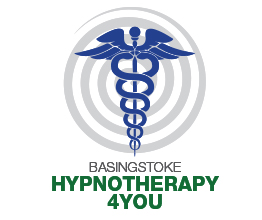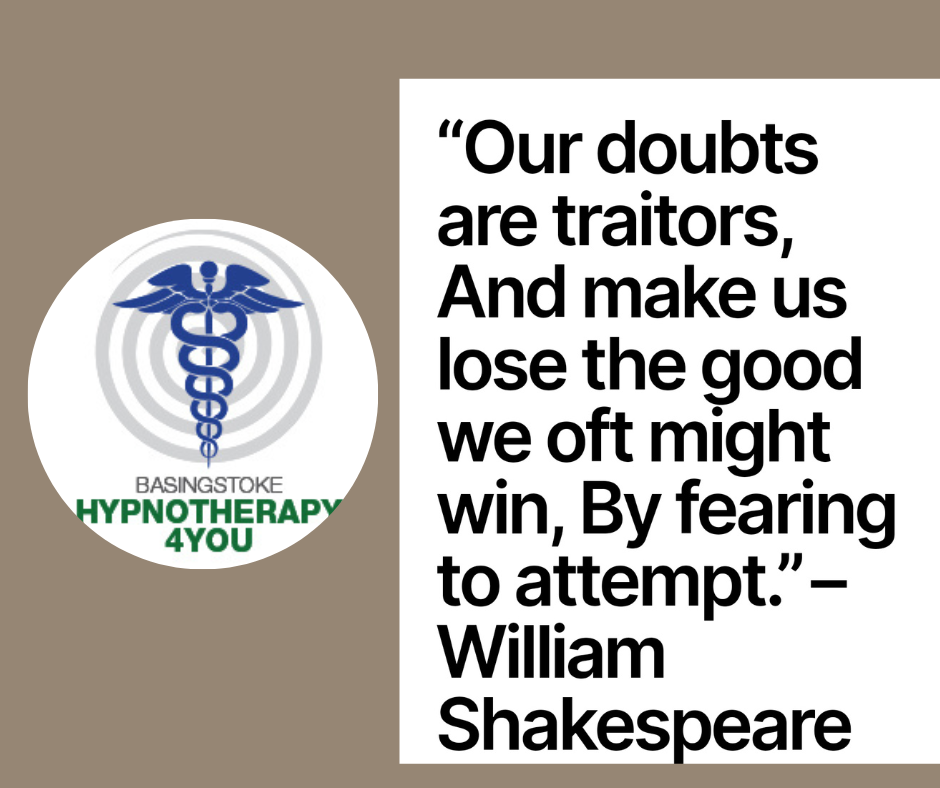Positive habits for personal well-being
Consider practices like regular exercise, healthy eating, mindfulness, and maintaining social connections. Highlighting the importance of consistency and self-care routines.
1. Regular Exercise:
Aim for at least 30 minutes of moderate activity most days of the week. This can include walking, jogging, cycling, swimming, or participating in group fitness classes. Incorporate variety, such as strength training, flexibility exercises, and aerobic activities to keep things interesting and engage different muscle groups.
2. Healthy Eating:
Focus on a balanced diet rich in colorful fruits and vegetables, whole grains, lean proteins, and healthy fats like nuts and avocados. Meal prep can help you make healthier choices during the week. Experiment with cooking new recipes and reducing processed foods to enhance your nutritional intake.
3. Mindfulness and Meditation:
Practice mindfulness techniques such as meditation, deep breathing exercises, or yoga for at least 10-15 minutes daily. Consider guided meditation apps to help you get started, as they can provide structure and support. Engaging in mindfulness can reduce stress, improve concentration, and enhance emotional resilience.
4. Adequate Sleep:
Prioritize 7-9 hours of quality sleep each night. Develop a calming bedtime routine, such as reading or listening to soothing music, to signal to your body that it’s time to wind down. Creating a sleep-friendly environment—cool, dark, and quiet—can significantly enhance sleep quality.
5. Social Connections:
Foster and maintain relationships by spending time with family and friends, participating in community activities, or joining clubs that reflect your interests. Regular social interaction can boost mood, reduce feelings of loneliness, and increase overall life satisfaction.
6. Gratitude Practice:
Keep a gratitude journal or take a moment each day to reflect on three things you’re thankful for. This simple practice can shift your focus from what’s lacking in your life to appreciating the positives, which can enhance overall happiness and well-being.
7. Self-Care Routines:
Set aside time for activities that promote relaxation and joy, such as reading, engaging in hobbies, or taking relaxing baths. Consider creating a self-care checklist that includes activities you enjoy, making it easier to prioritize your well-being.
8. Limit Screen Time:
Reduce time spent on screens, especially before bed, to improve sleep quality and reduce stress. Establish boundaries for social media use and take breaks from technology to reconnect with the present moment and engage in offline activities.
9. Set Goals:
Create personal and professional goals that are realistic and achievable, and regularly review and adjust them as needed. Break larger goals into smaller, manageable steps to maintain motivation and track your progress.
10. Seek Help When Needed: Don’t hesitate to reach out for professional support if you’re feeling overwhelmed or struggling with mental health. Therapy or counseling can provide valuable tools and strategies for coping with life’s challenges.
11. Practice Forgiveness:
Letting go of grudges and practicing forgiveness can enhance emotional health and improve relationships. Consider writing letters (that you don’t have to send) to express your feelings and release negative emotions.
12. Engage in Nature:
Spend time outdoors in nature, whether through hiking, gardening, or simply walking in a park. Nature has a calming effect and can improve mood, reduce stress, and enhance overall well-being.
13. Lifelong Learning:
Engage in continuous learning through reading, taking courses, or exploring new hobbies to keep your mind active and engaged. Consider joining clubs or groups focused on subjects that interest you, which can also foster social connections.
14. Volunteer:
Helping others can provide a sense of purpose and strengthen social connections, enhancing personal well-being. Find local organizations or causes that resonate with you to contribute your time and skills.
15. Limit Caffeine and Alcohol: Moderation in caffeine and alcohol consumption can improve sleep quality and reduce anxiety. Consider substituting herbal teas or non-caffeinated beverages for your regular drinks, and set limits on alcohol intake.
16. Regular Health Check-ups: Stay proactive about your health by scheduling regular check-ups and screenings with healthcare professionals. This can help catch any potential health issues early and keep you informed about your overall health.
17. Positive Self-Talk:
Cultivate a habit of speaking kindly to yourself and challenging negative thoughts. Practice affirmations and focus on your strengths to build self-esteem and resilience.
18. Time Management:
Organize your time effectively to balance work, relaxation, and social activities, reducing stress and increasing productivity. Use tools like calendars or task management apps to prioritize tasks and set realistic deadlines.
19. Practice Deep Breathing: Incorporate deep breathing exercises into your daily routine to calm your mind and reduce anxiety. Techniques like diaphragmatic breathing can help ground you during stressful moments.
20. Create a Morning Routine: Start your day with a consistent routine that includes activities that set a positive tone for the day, such as stretching, journaling, or enjoying a healthy breakfast. A structured morning can boost productivity and enhance mood throughout the day.
21. Limit Multitasking: Focus on one task at a time to improve efficiency and reduce feelings of overwhelm. This can enhance your ability to concentrate and lead to higher quality work.
22. Cultivate Hobbies:
Engage in activities that bring you joy and allow for self-expression, whether it’s painting, playing music, cooking, or crafting. Hobbies can serve as a creative outlet and provide a sense of accomplishment.
23. Practice Random Acts of Kindness:
Engage in small acts of kindness, whether it’s complimenting a stranger, helping a neighbor, or volunteering. These actions can create a positive ripple effect and enhance your mood.
24. Stay Informed, but Limit News Consumption:
Stay informed about current events but set boundaries on how much news you consume to avoid feeling overwhelmed by negativity.
25. Reflect and Adjust:
Take time periodically to reflect on your habits and routines. Assess what’s working and what might need adjustment to better support your well-being. Regular reflection can help you stay aligned with your goals and values.
Please ask any questions you may have in the comments below. I am happy to help, or contact me here.












